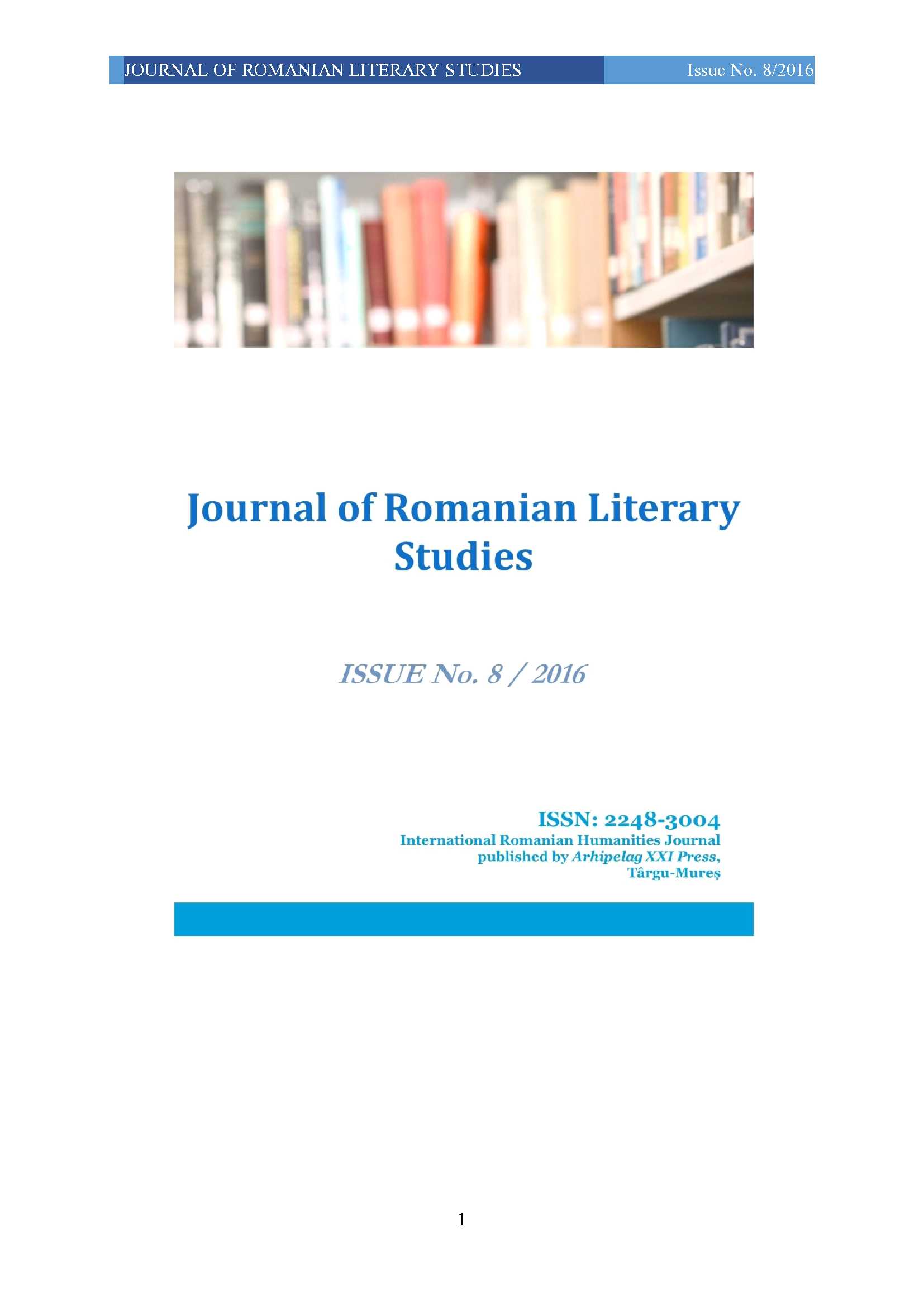LITERARY MIRRORS OF THE NIGERIAN WAR
LITERARY MIRRORS OF THE NIGERIAN WAR
Author(s): Daniela-Irina DarieSubject(s): Language and Literature Studies, Literary Texts
Published by: Editura Arhipelag XXI
Keywords: Nigerian Civil War; war novel; coping strategies; moral values; psychological trauma
Summary/Abstract: One of the darkest periods in Nigeriařs history is the militarized period of SaniAbachařs government. Violence and undiscriminating punishment of any societal avenue diverging from the official ruling was punished by death, and the most daring crime against the policy of Sani-Abachařs regime was the individual judgment of the events. Beyond the official claims for a whole Nigeria, there was a deep desire for asserting a distorted perception of a political unity, through the annihilation of minorities, which until that moment, had been relatively peacefully cohabiting with the majority. This lack of mutual understanding, illdisguised in concepts like Ŗunityŗ, ŖNigerian identityŗ, Ŗwholeness of the countryŗ, and so on, claimed - as Robertson reports - two million lives (Robertson, 401, qtd. in Obi) in the actual war. At a psychological and social level, the experience of war or political, ethnical and social violence are viewed as deeply traumatic for all categories, women, children and men, rich, poor, Igbos or Yoruba. The Nigerian Civil War (1967-1970) ended in January 1970, leaving the Nigerians embittered and distrustful in a Nigerian coherent national identity. A social conscience which was lacking direction and a structured system of values to cope with such horrifying consequences, coupled with a state of amorphous unknowing triggered more violent social reactions, and the literature dedicated to the horrors of war is as rich in Africa as elsewhere in the world. The trauma of war, against the assertions of scholars as Patrick Bracken and Celia Petty, do not derive from a specific cultural orientation, an essentially Western one, but it acquires universality through the human factor the West and the African world share.
Journal: Journal of Romanian Literary Studies
- Issue Year: 2016
- Issue No: 08
- Page Range: 829-838
- Page Count: 10
- Language: English

